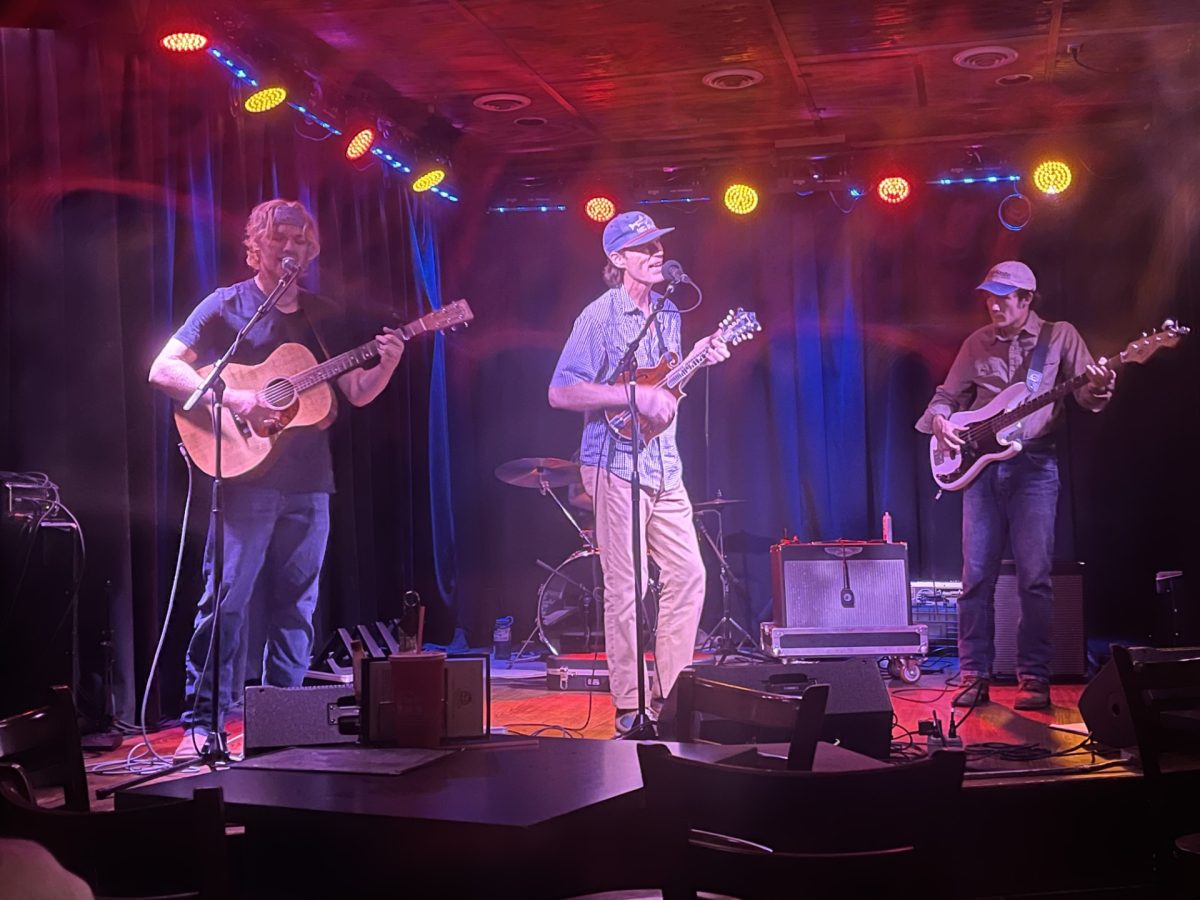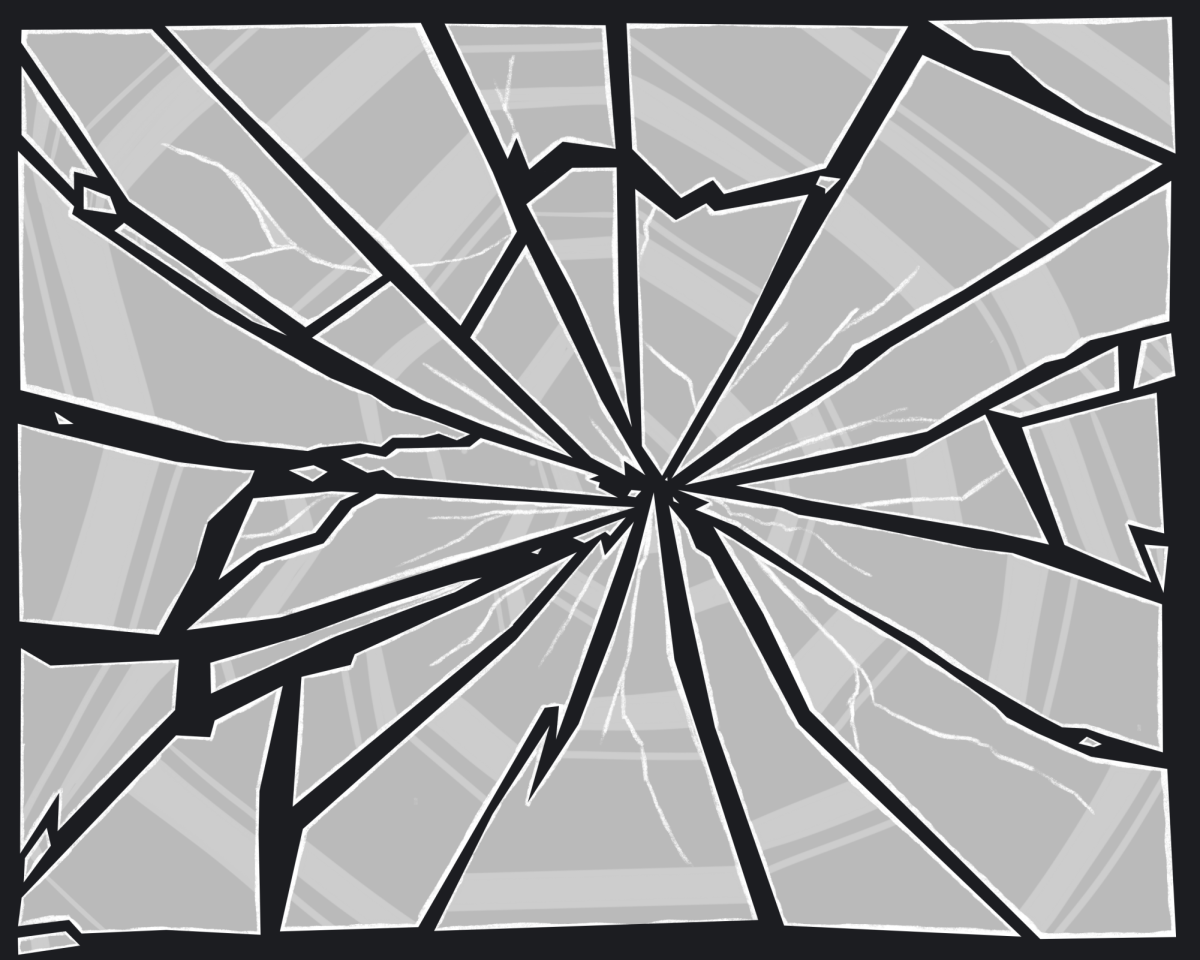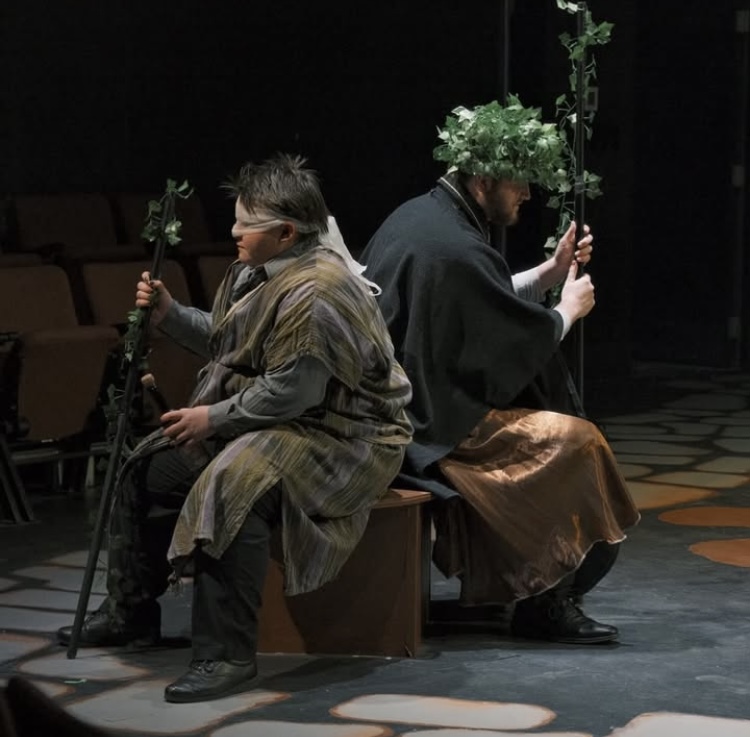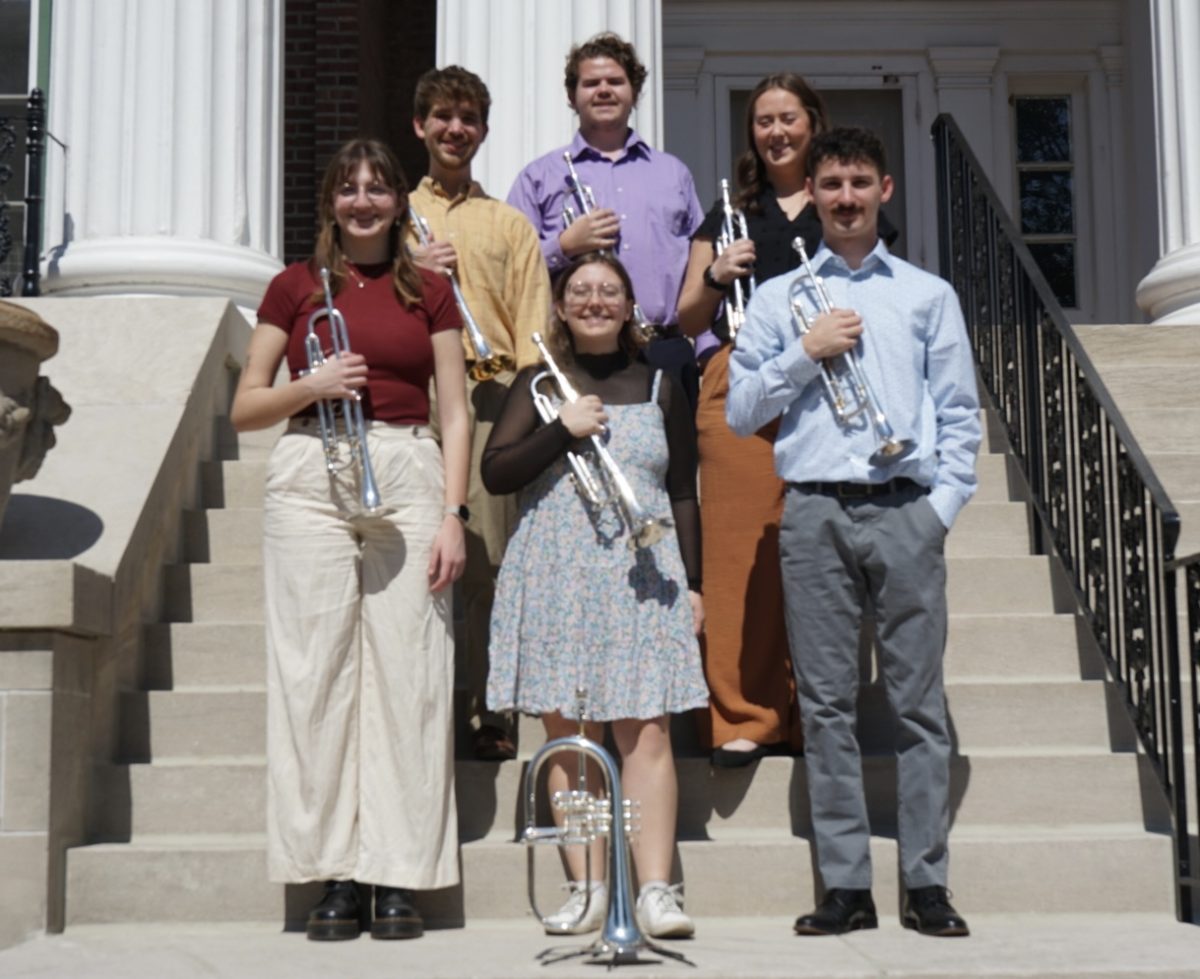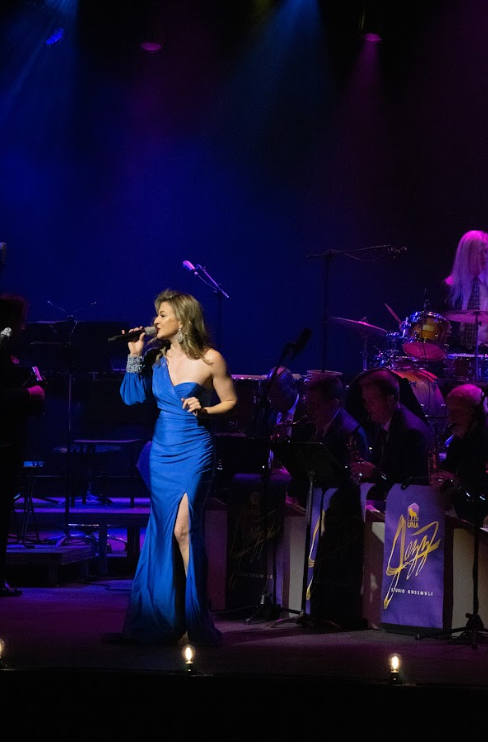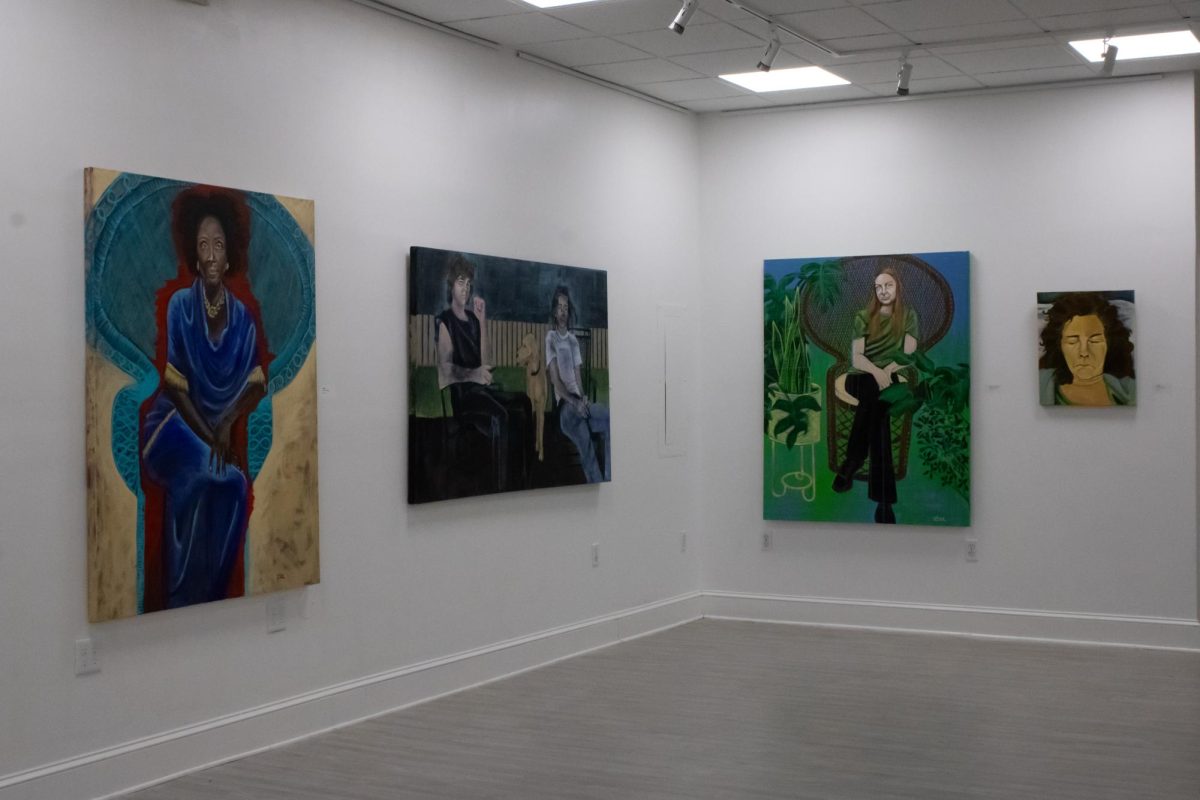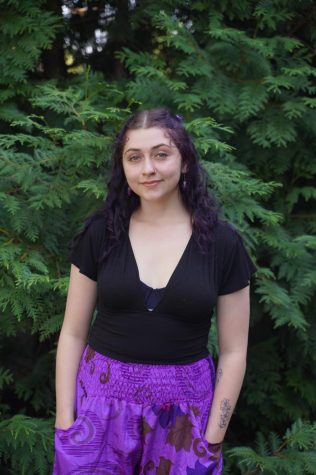On Sept. 21 at 8 p.m., improvisational roots rock music group Reed Brake is set to play at downtown Florence’s Lava Room.
Reed Brake is a quartet, made up of Justin Hart on mandolin and lead vocals, Lucas Hales on bass, Jack Adams on guitar and David Phillips on drums.
“We started playing in 2020,” said Hart. “[Our show at Lava Room] will be our first in Florence.”
Lava Room is a contemporary bar, dining spot and entertainment venue. Located at 116 West Mobile St., Tyler Ross opened Lava Room last summer. Ross, who was born and raised in Florence, also owns and operates Wildwood Tavern and the Chicago Cafe, both of which are also on Mobile St.
“The band talked to some friends up [in Florence], asking around about the best venues in the area. Lava Room came up multiple times, so we figured that was a spot we’d like to be,” said Hart.
Reed Brake draws from a variety of influences, notably the Grateful Dead and its famous improvisational style. Also evident in its stylizations are elements of bluegrass, country and rock.
“The [Grateful Dead] have always been one of my top bands,” said Hart, “but they’re not the only one whose improvisational sound we draw from. Bluegrass and jazz musicians improvise on stage, too.”
Part of what draws Reed Brake to musical spontaneity is its inherent danger.
“For us, it’s an exciting thing to play live,” said Hart. “When we’re out there improvising, a set can either go well, which is a huge rush, or it can go wrong. The wheels can fall off at any time.”
Hart believes that part of Reed Brake’s magic lies in the variegated personalities it brings to the table.
“Each guy in the band listens to a different type of music, mostly. But there is also a lot of overlap, when it comes to our favorite songs,” said Hart. “There is definitely a Southern feel to our music. Some songs could be called country, others are more like bluegrass. We also play some straightforward rock. We all have our own musical background, and I think that helps us play a whole spectrum of music.”
Based in Tuscaloosa, Reed Brake takes inspiration from life lived among nature. Its name comes from a type of cane thicket, also referred to as a canebrake. Formerly tended to by Native Americans, canebrakes now serve as critical ecosystems for endangered species in the South. In the Talladega National Forest lies the Reed Brake Natural Research Area, where members of the band work as foresters by training.
Rather than sticking to any specific genre of music, Reed Brake plays a variety of styles. However, the band’s cultivated sound is evident throughout its catalog. Playing mostly original songs with a few covers here and there, Reed Brake’s on-stage experimentation does not diminish its recognizability.
“It is fun to work up a cover every now and then,” said Hart. “especially if it isn’t one traditionally done in a quartet. I would say, though, that we like to focus on original output.”
For Reed Brake, songwriting is a collaborative effort.
“I usually come up with the lyrics and chord progressions,” said Hart. “Then I’ll bring my ideas to the guys, and they’ll evolve. Sometimes, what we end up with is pretty close to what I’d had in my head to begin with. Other times, it’s something totally different. [Songwriting] is collaborative, though, in the sense that when I play a song I’m working on for the guys, they know they can kind of make it their own. However they interpret it, that’s the way it’s supposed to be.”
Visions and Dreams, Reed Brake’s debut album, was released in July and is available on mainstream music streaming services. It was recorded in Drive-By Truckers bassist Matt Patton’s studio, Dial Back Sound in Water Valley, Miss. What is more, it was produced by Bronson Tew. It incorporates 12 original songs, every one of them having been workshopped in front of a live audience.


